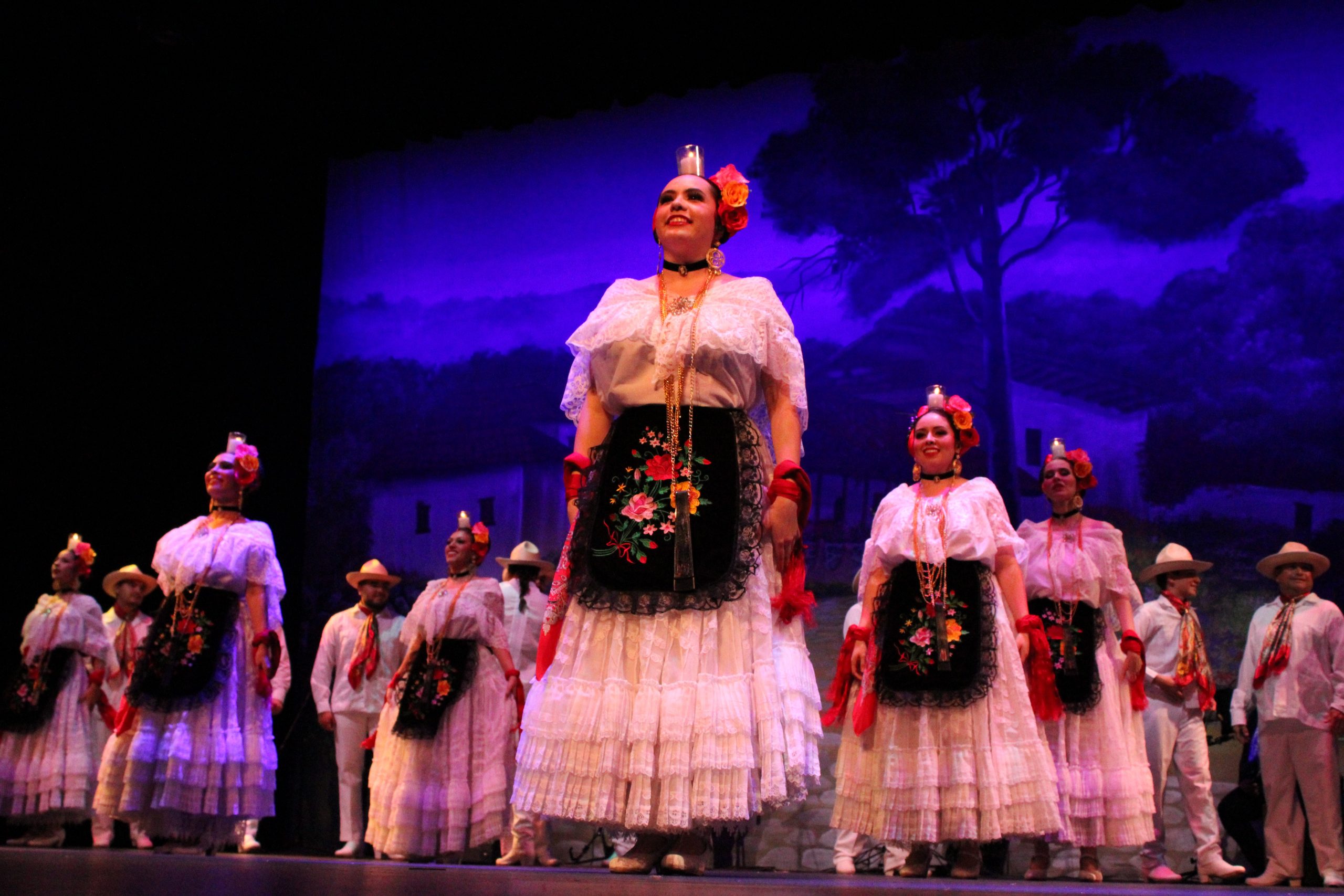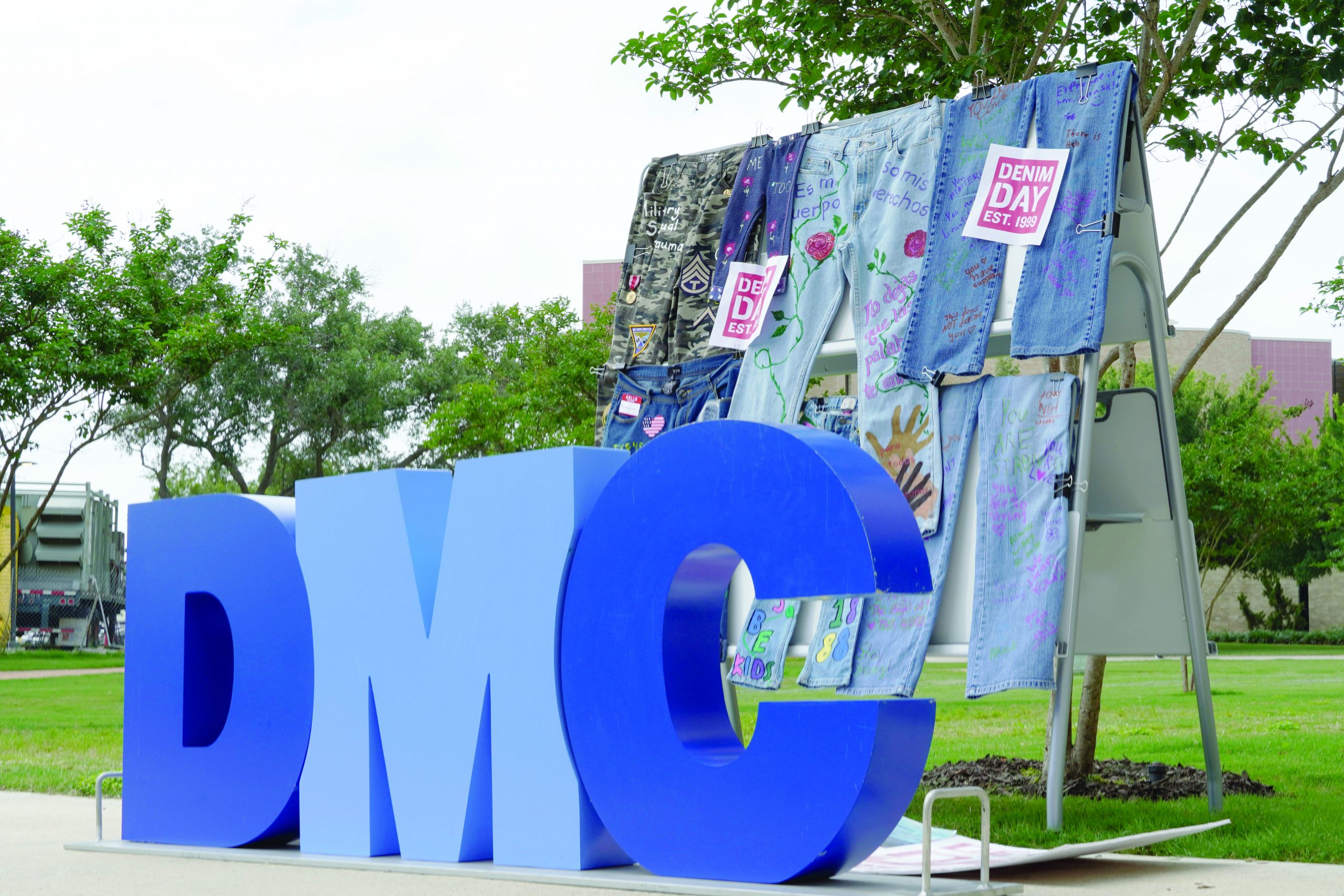
Jefferey Berry / Web editor
Within the whole of our country’s veterans, there is a growing number having to walk away from active duty with a brand near impossible to remove. Suffered with this bar sinister, they are hurled back into the seemingly chaotic ensemble of civilian society to “make the cut” once more, although this time, it can be much more difficult. The burden they weigh is the well recognized, but not so much understood PTSD.
Post-traumatic Stress Disorder, or PTSD, is described as an anxiety disorder that some people get after seeing or living through a dangerous event, according to the National Institute of Mental Health website.
The “Diagnostic and Statistical Manual of Mental Disorders” lists six criteria for the diagnosis of PTSD, including: a stressor, intrusive recollection, avoidance/numbing, hyper arousal, duration and functional significance.
The symptoms contained within those criteria can range from involuntarily reliving a traumatic event without notice to a sense of a foreshortened future, as in not expecting to have a normal or productive outcome to life, according to the American Psychiatric Association website.
As far as treatments go, veterans with PTSD can choose to utilize cognitive behavioral therapy, medication, exposure therapy, group therapy or any combination of the aforementioned.
The treatment most readily available and accessible is group therapy in the form of peer-to-peer discussion that helps trauma sufferers build relationships with others who understand what they have been through.
According to the Office of Veterans Affairs website, in group therapy “you learn to deal with emotions such as shame, guilt, anger, rage and fear. Sharing with the group also can help you build self-confidence and trust. You’ll learn to focus on your present life, rather than feeling overwhelmed by the past.”
“It’s an honor,” said Dr. Emilia O’Neill, a Del Mar College PTSD support organizer and trauma survivor, describing her work with local veterans. “We all have this belief that we all have to be perfect and strong.”
She recognizes that there may be denial, or efforts towards trying to recreate what they left in the military, but emphasizes the acceptance that some of us may not be the same people we were before.
The local group is geared not only towards post-traumatic stress disorder, but also traumatic brain injury, sexual assault and general trauma. “Although we have not all been to war, it is what unites us: the PTSD symptoms,” said Dr. O’Neill.
The group is outlined as a free, confidential and safe environment for the purpose of providing the ability to learn to deal with the effects of trauma on our lives, and to develop healthy patterns to cope with these effects, according to the client guide handed out at DMC support group meetings produced by Bring Everyone in the Zone, Inc.
An expert participant that is personally familiar with the trappings of trauma organizes the group. It maintains a rotating leadership for expanded involvement. The peer support group on campus is collaboration between the Student Counseling Center and the DMC Veteran’s Office as part of an effort to help veterans deal with their transition as well as the aftermath of trauma. The service is available to students from noon to 1 p.m. on the first and third Wednesday of every month at the Health Sciences Building Rm HS2 118, West Campus, and the second and fourth Tuesday of every month at the Student Success Center Rm SSC 119, East Campus.




